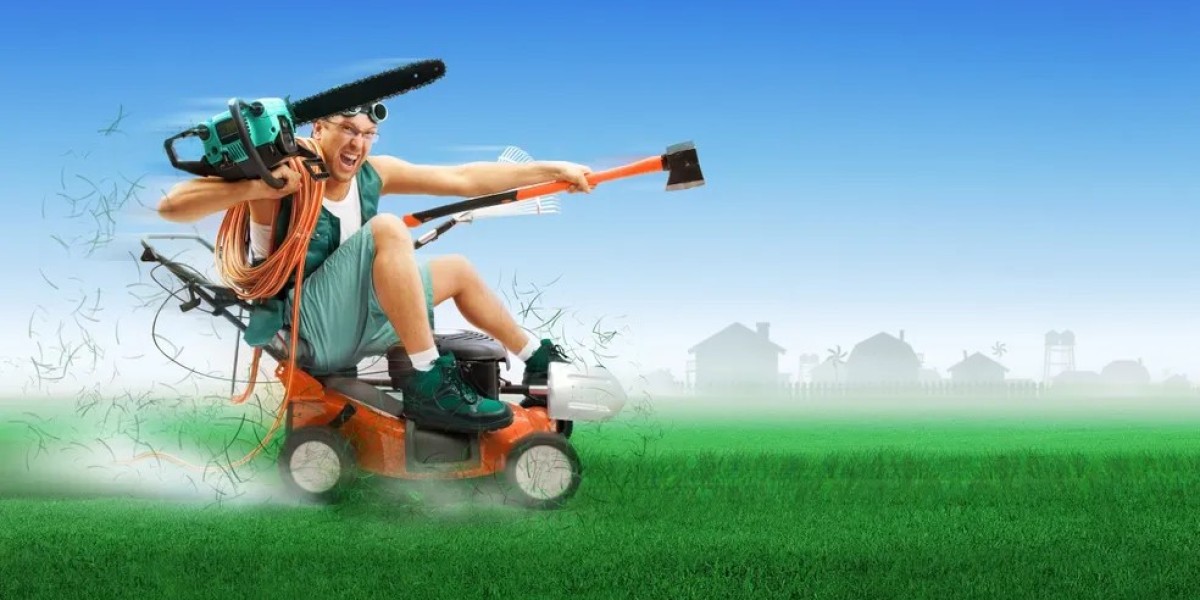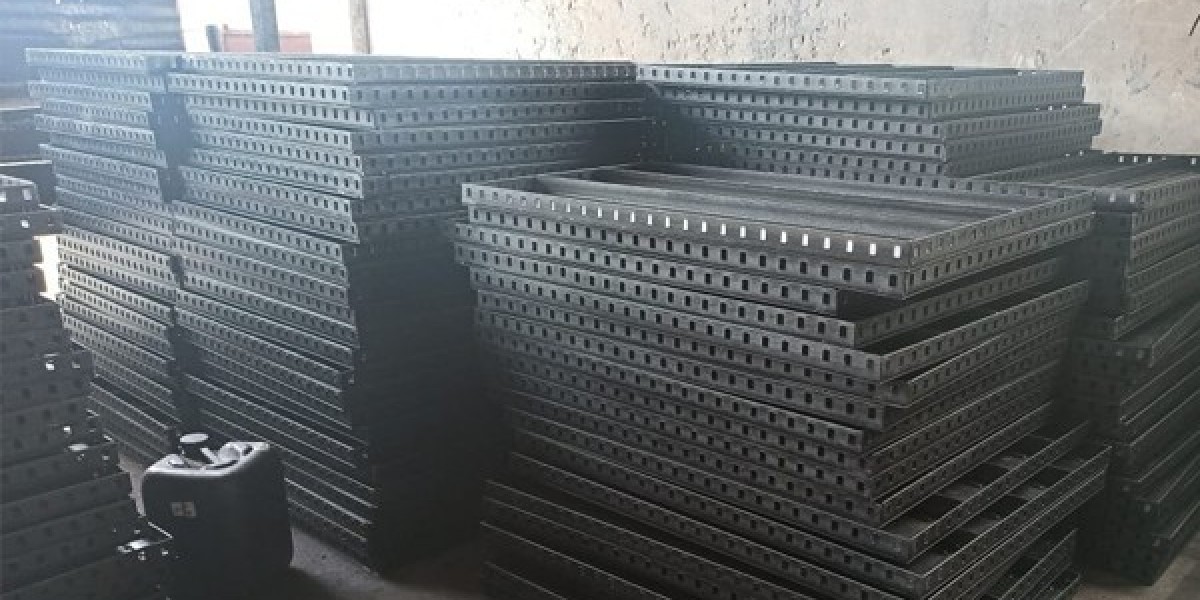When working with outdoor power equipment, noise, efficiency, and performance go hand in hand. Two essential components in this realm are mufflers and brushcutters. Whether you're a homeowner maintaining a garden or a professional landscaper tackling dense vegetation, understanding how mufflers and brushcutters work—and how they work together—can significantly improve your experience and results.
What is a Brushcutter?
A brushcutter is a versatile, handheld tool used for cutting through tough vegetation—thicker than what a string trimmer can handle. It's designed to tackle dense grass, brambles, weeds, and even small saplings. Brushcutters usually come with various blade attachments, allowing users to adjust the tool for specific tasks.
Powered by either two-stroke or four-stroke petrol engines, electric motors, or increasingly, battery systems, brushcutters are a step up in power from typical lawn trimmers. They're often used in places where lawnmowers can't reach, such as along fences, uneven terrain, and overgrown fields.
Why Mufflers Matter in Brushcutters
You might not think much about a muffler in your brushcutter—until it stops working or starts making a deafening noise. The muffler plays a vital role in both reducing noise pollution and managing exhaust emissions. On petrol-powered brushcutters, the muffler is attached to the engine and helps direct exhaust gases safely away while lowering the noise levels generated by combustion.
Without a properly working muffler, your brushcutter can become significantly louder, create excess back pressure in the engine, and even pose a safety hazard through hot exhaust or sparks. In fact, some areas have noise regulations that limit when and where loud power equipment can be used—making a functioning muffler not just helpful, but legally necessary.
Benefits of a Good Muffler on Your Brushcutter
Noise Reduction
Outdoor tools can be loud, especially petrol-powered ones. A quality muffler dampens that noise, making your work more comfortable and considerate of nearby residents or workers.Improved Engine Performance
A clean, functional muffler helps regulate exhaust pressure, ensuring your brushcutter’s engine runs smoothly. A clogged or damaged muffler, on the other hand, can cause poor acceleration, overheating, and reduced power.Safety
Mufflers help direct hot gases and sometimes sparks away from the user and dry brush—critical in preventing burns or accidental fires.Environmental Impact
Modern mufflers also assist in emissions control. Paired with a spark arrestor, they reduce pollutants and help the equipment meet local environmental standards.
Common Muffler Issues in Brushcutters
Like any part, mufflers can wear down. Here's what to look out for:
Excessive noise: A sharp increase in engine noise often signals a loose or damaged muffler.
Visible damage: Cracks or rust on the muffler shell can compromise its effectiveness.
Clogs: Carbon buildup can restrict airflow, leading to reduced power or overheating.
Loose bolts or mounting: This can cause rattling sounds and poor performance.
Cleaning or replacing the muffler as part of routine maintenance is a smart habit, especially for frequent users.
Brushcutter Maintenance Tips (Including Mufflers)
To keep your brushcutter in top shape, include the muffler in your regular check-up routine:
Inspect after every few uses: Check for soot buildup, rust, or loose fittings.
Use clean fuel: Dirty or old fuel can contribute to carbon buildup.
Don’t ignore strange noises: If your brushcutter sounds louder than usual, check the muffler immediately.
Replace spark arrestor screens: These are often located within or near the muffler and can become clogged over time.
Consult your manual: Always follow manufacturer recommendations for cleaning and replacement intervals.
When to Replace the Muffler
If cleaning doesn't resolve performance or noise issues, it may be time to replace the muffler. Look for genuine parts that fit your brushcutter’s make and model. Using cheap or incompatible parts can do more harm than good, reducing both safety and efficiency.
Retailers that specialize in small engine parts, like Small Engine Wreckers, can help you find the right muffler for your brushcutter, ensuring a perfect fit and long-lasting durability.
Final Thoughts
A brushcutter is an invaluable tool for garden and land maintenance, especially when paired with a well-functioning muffler. Together, they form a system that’s powerful, efficient, and safer for both users and the environment. With the right care and parts, you can enjoy quieter operation, better performance, and a longer lifespan for your outdoor equipment.







